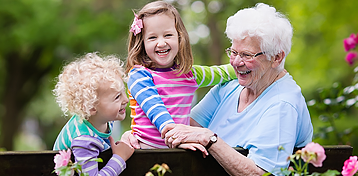Our mission is to support all individuals and families in the community with a wide range of services for health and wellbeing.


Call us on 13 18 19 or visit our Senior Services page
Our Parenting Resource Hub provides tips for parents
Stay up to date with the latest news and events